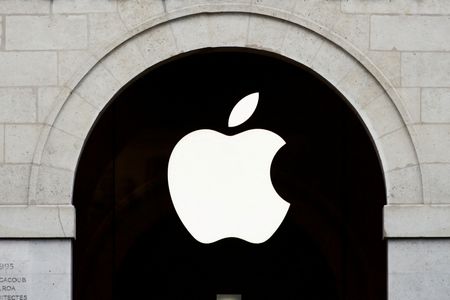A group of U.S. lawmakers have asked the Department of Justice and the Department of Defense (DoD) to investigate McKinsey’s failure to disclose its work with China’s government, saying that the consulting giant might face conflicts of interest that require reviewing.
In letters dated Oct 17 but which were made public on Friday, Congressman John Moolenaar, Senator Marco Rubio and Senator Joni Ernst wrote that the DoD should assess whether McKinsey remains eligible to work with it. The lawmakers cited U.S. federal rules that require McKinsey to disclose actual or potential conflicts of interest that might hurt its work in America.
“Our review of available Department of Defense documentation revealed that, in many instances, McKinsey repeatedly failed to disclose its work with the (People’s Republic of China) government when acquiring DoD contracts,” the letters said.
“McKinsey’s activities pose a serious risk to U.S. national security and may have failed to meet McKinsey’s obligations under federal law.”
A spokesman for McKinsey declined to comment. The DoJ and the DoD did not respond to requests for comment.
The letter said McKinsey has been paid over $470 million for various DoD contracts since 2008, work that it said had military sensitivity such as the F-35 fighter jet program, a study of the performance of the U.S. Navy’s shipyards, and the DoD’s pursuit of advanced microchips.
At the same time, the letter said McKinsey has advised Chinese government agencies such as the National Development and Reform Commission, China’s main economic planner, on the drafting of its five-year plans — blueprints that lay out Beijing’s economic development strategies every five years.
Other Chinese government agencies that McKinsey worked with are the regulator of China’s state assets — the State-owned Assets Supervision and Administration Commission of the State Council — and Chinese state-owned companies such as China COSCO Shipping Corporation Limited and China Communications Construction Company Ltd, the letter said.
The lawmakers said McKinsey has tried to distance itself from the advisory work that it did on China’s five-year plans, such as the 13th five-year plan, by saying that the work was done by McKinsey Global Institute and the Urban China Initiative. But the lawmakers said the assertion is “misleading” as McKinsey “effectively controls” both organizations.
(Reporting by Koh Gui Qing; Editing by Chizu Nomiyama)









